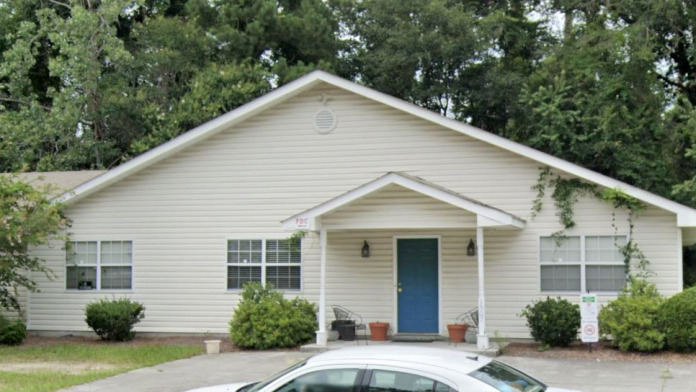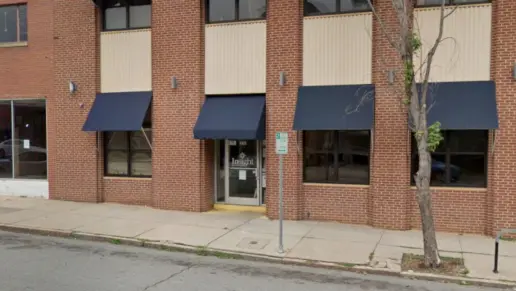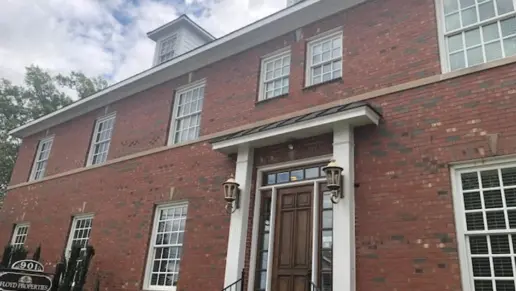Great program but its run by people who dont know what they're doing. The management lies and manipulates alot of situations and made me feel so small. I was court ordered and still chose to leave and accept my consequences because that's how uncomfortable I was staying ther ...
About Port Human Services – Kelly House – Closed
Kelly House is a former women’s shelter that used to be based in Wilmington, North Carolina. It closed in June 2024, but it used to serve pregnant and postpartum women, as well as women with kids under six months who also struggled with mental health and substance abuse. They used to accept Medicaid and self-pay.
Residential Drug Rehab and Mental Health Support For Women
All women were welcome here, including mothers and mothers-to-be. Services on offer included various counseling services along with 12-step and trauma-related counseling. These sessions were provided both in group and one-to-one formats.
A strong emphasis was placed on integrating relapse prevention and parenting skills into recovery. One of their goals was to help mothers avoid the parenting pitfalls that may come about as they work through their personal traumas.
The facility also featured an impressive 67-acre garden. This tranquil space provided residents with an ideal area in which they could relax and reflect. It also let little ones run around and enjoy nature.
Accommodating Children in The Recovery Process
The team was also aware that many women would be going through this process with no childcare support. Part of the residential care here included accommodation for kids as well as childcare services to ensure little ones were looked after during treatment hours.
Latest Reviews
Rehab Score
Gallery

Other Forms of Payment
Medicaid is a state based program that helps lower-income individuals and families pay for healthcare. Medicaid covers addiction treatment so those enrolled can use their coverage to pay for rehab. When a program accepts Medicaid the client often pays very little or nothing out of their own pocket.
Addiction Treatments
Levels of Care
 Medically Assisted Detox
Medically Assisted Detox
 Inpatient
Inpatient
 Sober Living Homes
Sober Living Homes
Treatments
The goal of treatment for alcoholism is abstinence. Those with poor social support, poor motivation, or psychiatric disorders tend to relapse within a few years of treatment. For these people, success is measured by longer periods of abstinence, reduced use of alcohol, better health, and improved social functioning. Recovery and Maintenance are usually based on 12 step programs and AA meetings.
There are many types of drug rehab in North Carolina. To receive treatment for addiction, you can choose from many inpatient and outpatient programs. Often, participants start with detox and work through a full continuum of care that continues with ongoing support for long-term recovery.
Many of those suffering from addiction also suffer from mental or emotional illnesses like schizophrenia, bipolar disorder, depression, or anxiety disorders. Rehab and other substance abuse facilities treating those with a dual diagnosis or co-occurring disorder administer psychiatric treatment to address the person's mental health issue in addition to drug and alcohol rehabilitation.
Opioid rehabs specialize in supporting those recovering from opioid addiction. They treat those suffering from addiction to illegal opioids like heroin, as well as prescription drugs like oxycodone. These centers typically combine both physical as well as mental and emotional support to help stop addiction. Physical support often includes medical detox and subsequent medical support (including medication), and mental support includes in-depth therapy to address the underlying causes of addiction.
Substance rehabs focus on helping individuals recover from substance abuse, including alcohol and drug addiction (both illegal and prescription drugs). They often include the opportunity to engage in both individual as well as group therapy.
Programs

Adult Program

Young Adult Program
Clinical Services
Trauma therapy addresses traumatic incidents from a client's past that are likely affecting their present-day experience. Trauma is often one of the primary triggers and potential causes of addiction, and can stem from child sexual abuse, domestic violence, having a parent with a mental illness, losing one or both parents at a young age, teenage or adult sexual assault, or any number of other factors. The purpose of trauma therapy is to allow a patient to process trauma and move through and past it, with the help of trained and compassionate mental health professionals.
Accreditations

The Commission on Accreditation of Rehabilitation Facilities (CARF) is a non-profit organization that specifically accredits rehab organizations. Founded in 1966, CARF's, mission is to help service providers like rehab facilities maintain high standards of care.
CARF Accreditation: Yes





